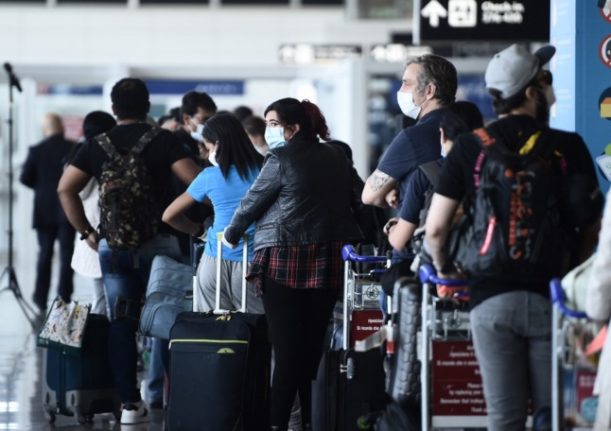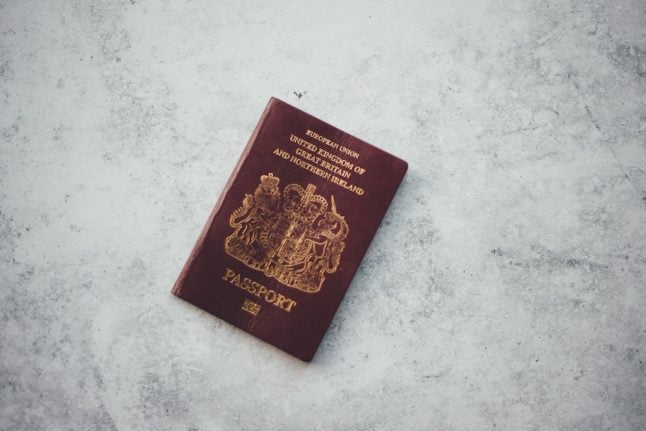Italy has removed travel restrictions for those who have visited South Africa, Lesotho, Botswana, Zimbabwe, Mozambique, Namibia and Swaziland.
The measure had been in place since November 26th and applied to all those who had been in any of these states within the previous fortnight.
The decision to scrap the ban was confirmed by Italy’s health minister Roberto Speranza, who signed an ordinance on Friday – when the change also came into force.
“Considering the evolution of the epidemiological situation at national and international level, it is necessary, after consulting the General Directorate for Health Prevention, to stop applying the measures provided for in the aforementioned Order of the Minister of Health of November 26th 2021,” the text reads.
Arrivals from the eight countries however remain subject to tight entry restrictions under Italy’s travel ‘list E‘ rules, the health ministry confirmed in a statement.
This means tourism is not allowed and people can only enter the country for the following specific reasons:
- work
- health reasons
- study reasons
- absolute urgency
- return to one’s home or residence.
Arrivals from List E countries are also required to take a PCR or antigen test before travel to Italy and undergo a ten-day isolation period and further testing once in Italy. See full details of the rules here.



 Please whitelist us to continue reading.
Please whitelist us to continue reading.
Member comments